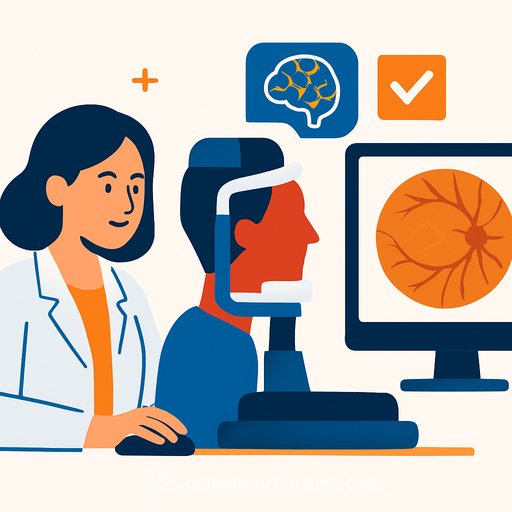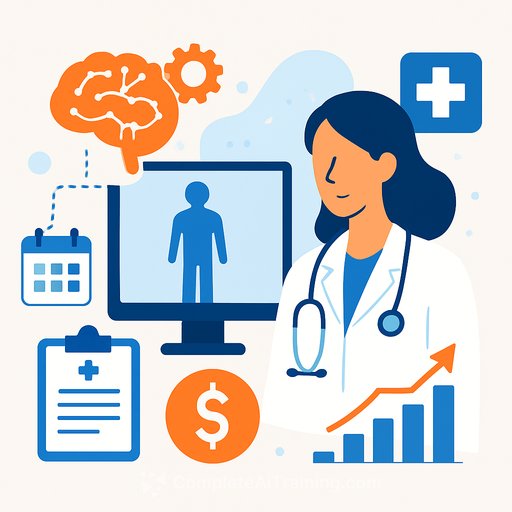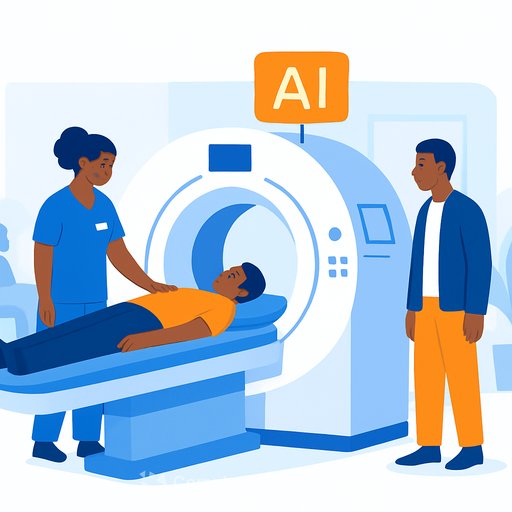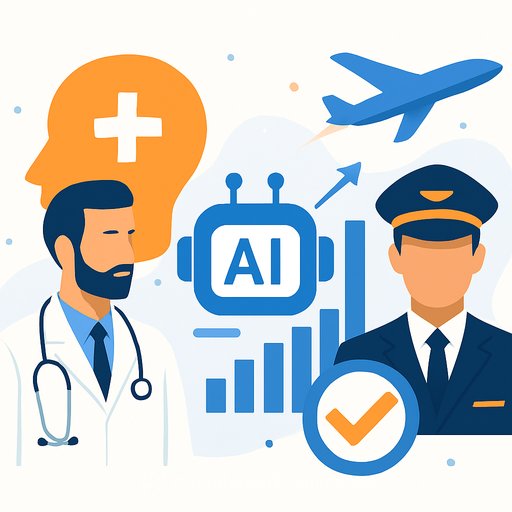Q&A: Vicky Demas on Easy-to-Use Retinal Imaging and AI's Role in Healthcare
identifeye HEALTH recently launched a new retinal screening platform aimed at improving access and efficiency in patient care. This FDA-registered, app-based system simplifies capturing high-quality retinal images in point-of-care settings, requiring minimal training for nurses and medical assistants.
The goal is to reduce barriers such as time, cost, and limited specialist availability, enabling better triage for patients who need specialist care and easing bottlenecks in healthcare workflows.
Introducing identifeye HEALTH's Platform
Vicky Demas, CEO of identifeye HEALTH, shared insights about their recent FDA registration and pilot programs with health systems and community providers. The company is actively conducting community screenings and partnering with organizations to return vision results to patients who might otherwise lack access.
The focus is on creating a scalable screening solution that brings retinal imaging closer to patients in everyday healthcare settings.
The Technology Behind the Platform
Demas, an engineer with 25 years of experience at the intersection of technology and healthcare, explained how identifeye HEALTH focuses on ease of use without sacrificing image quality. The platform leverages AI and automation to make capturing retinal images as straightforward as measuring blood pressure.
Medical assistants or administrative staff can operate the device with minimal training. AI then verifies image quality to ensure it meets standards for interpretation by either clinicians or future algorithms.
The system is designed to integrate into existing workflows, helping triage patients effectively by identifying those who require specialist care and reducing unnecessary referrals.
Where This Technology Fits in Healthcare
Demas sees the platform being used closer to patients, such as in primary care offices and retail pharmacies expanding their healthcare services. The convenience of on-site screening helps improve patient compliance and supports tele-retinal services or AI-assisted report generation for clinicians.
The Potential and Practical Role of AI in Healthcare
AI's value starts with automating repetitive tasks that can burden clinicians. Demas highlights the promise of multimodal data analysis and autonomous AI classifiers, such as those for diabetic retinopathy screening.
She emphasizes the importance of thoughtful integration of AI into clinical workflows, focusing on triaging and risk stratification to ensure patients get timely specialist care without overwhelming the system.
Next Steps for identifeye HEALTH
The company plans to expand partnerships and device placements in the coming months. Collaboration with healthcare providers will guide product development and build trust through features like annotation tools and explainability in AI algorithms.
Community screenings will continue, with the team collecting clinical data to demonstrate improved compliance and patient outcomes. This data will lay the groundwork for future AI features and autonomous diagnostics.
The Eye as a Window to Systemic Health
Retinal imaging also offers insights into systemic diseases. Research has identified biomarkers like vessel density and tortuosity as indicators of cardiovascular risk.
Demas points out the large population of patients with diabetes, who face increased risks for cardiovascular disease and hypertension, as a key focus for future studies and AI applications. Collecting real-world data and conducting clinical studies will be essential to validate these approaches.
For healthcare professionals interested in how AI tools can be integrated into practice, exploring targeted AI training can provide useful skills. Relevant courses are available to help understand AI applications in healthcare settings, including AI courses tailored for healthcare roles.
Your membership also unlocks:





